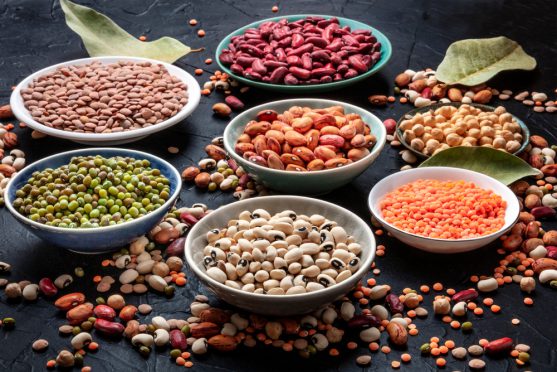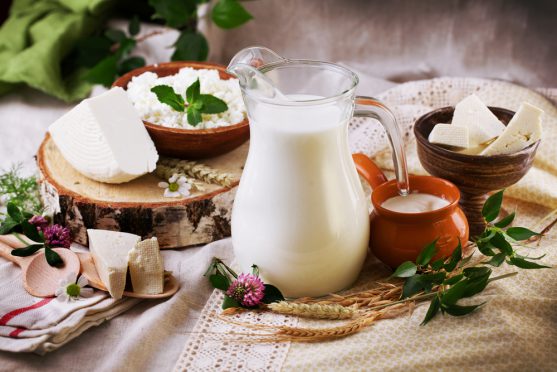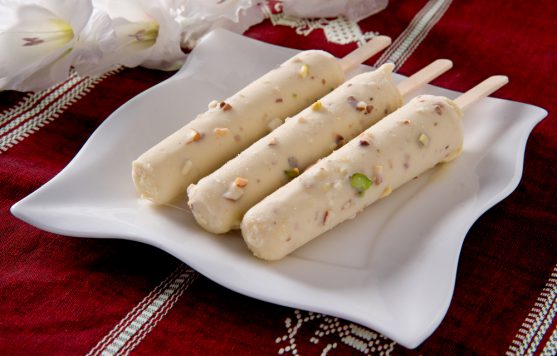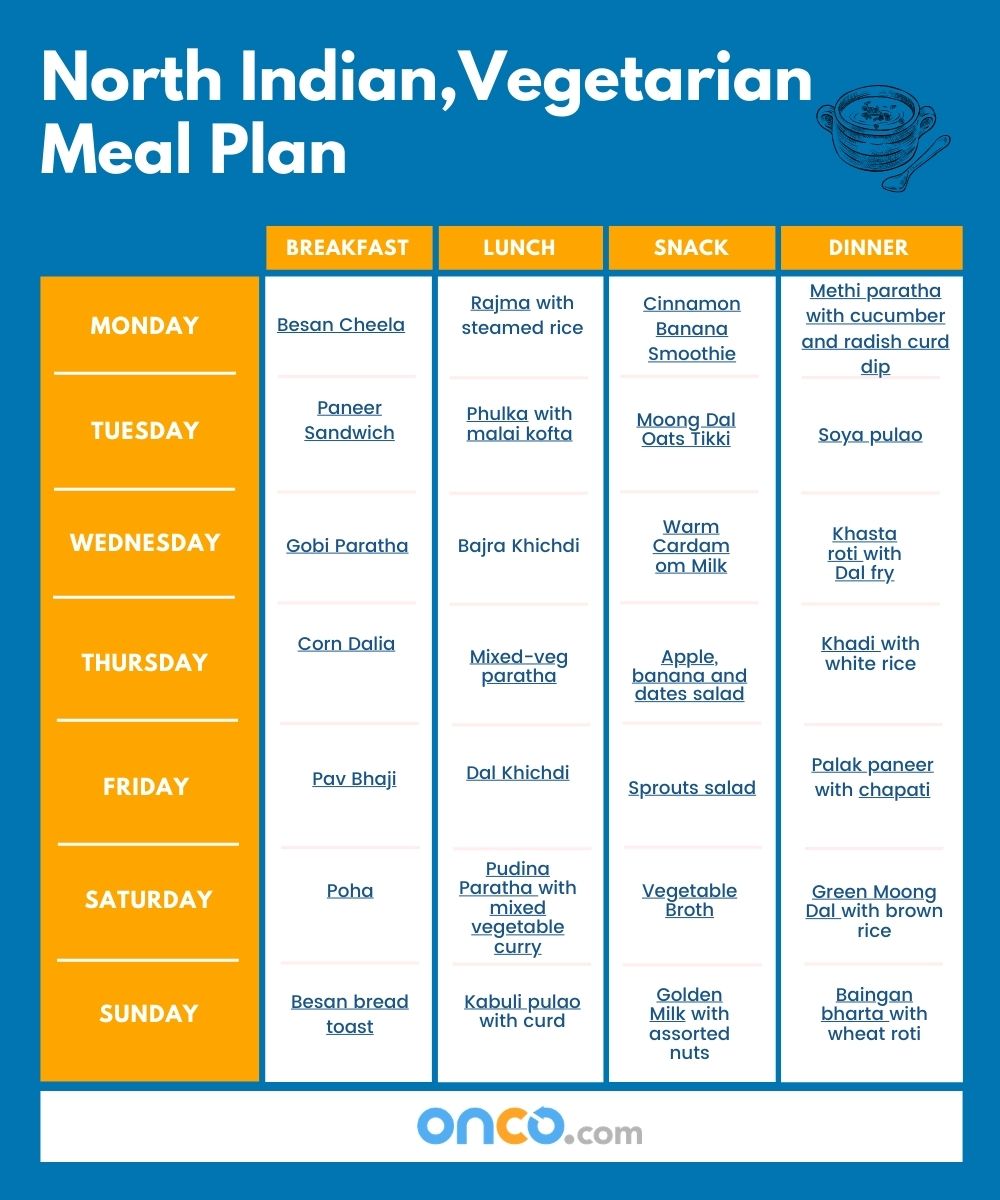The right diet is a very important part of your cancer treatment. Most cancer treatments lead to fatigue, loss of muscle, and many other side-effects like loss of appetite and vomiting.
To make your body strong enough to withstand your cancer treatment, you need to be eating the right amount of calories and nutrition on a daily basis.
A good cancer diet is usually high in proteins and also contains adequate amounts of carbohydrates and fats. The goal of a cancer diet is not to lose weight. It is to ensure that you maintain a healthy weight and also have the stamina to continue your daily activities during the treatment.
Cancer treatment is usually intensive and is likely to make your body weak. That is why a high protein and high calorie diet helps you recover better.

Pulses are an important sources of plant-based protein
Modifying the cancer diet for vegetarians
Most commonly available, good sources of proteins that are known to us fall into the non-vegetarian category of foods. These include eggs, chicken and fish. Many vegetarians in India look for alternative sources of proteins that are plant-based.
A usually vegetarian diet has less proteins when compared to a non-vegetarian diet. This means that vegetarians have to increase their protein intake by selecting the right kind of food. Without adequate planning, vegetarians are more likely to fall short of their protein requirement during cancer.
In this article, we give you suggestions for a vegetarian, North India diet for cancer patients. We have chosen foods that are high in proteins. However, you may still need to monitor your weight and stamina from time to time to ensure that your cancer diet is working for you. If necessary, your doctor or dietician can prescribe protein supplements or other vitamin supplements for you.

Dairy products are protein-rich
Customizing your cancer diet
The diet in this article is also high in carbohydrates as 55% of your calorie intake needs to be in the form of carbohydrates, during your cancer treatment. If you have other health issues like diabetes, hyper-tension etc, then your diet will need to be further modified based on these.
It is always best to consult an oncology dietician so that your diet can be modified specifically for your medical condition, weight, and specific allergies. The meal plan in this article is only a template to start with, and you may need to further customise it to suit your personal taste and requirements.
For example, we have included milk and milk-based products in this meal plan as they are protein-rich and easily available in India. But if you have trouble digesting milk, or if dairy products are causing any bloating or discomfort, you will need to replace them in your diet.
Another important matter to consider is the side-effects of chemotherapy, like vomiting, nausea, constipation, diarrhea etc. If you are facing such side-effects, then you will need to modify your diet till these side-effects pass. You can find information on what to eat and what to avoid for each of these side effects here.
You may also find that during cancer treatment you develop a dislike for certain foods you used to like before. This is normal and comes from changes in your taste buds. Avoid foods that you now dislike and keep trying new dishes to find more foods that you are able to eat.
Adjusting the recipes
Although we have linked all the vegetarian meals to recipes, you will find that these are regular recipes and not specific to cancer patients. You may need to adjust the amount of spice used in these recipes, depending upon your tolerance.
Sometimes, treatments like chemotherapy and radiation therapy can affect your mouth and tongue. You may find it difficult to consume spicy food like you used to before treatment.
You will also find that bland foods are easier to consume and also reduce side-effects like vomiting and nausea. For this reason, we recommend you reduce the spices used in your cooking till your mouth and tongue recover after treatment.
The quantities in the recipes are not always specific to one serving. You will need to adjust the ingredients accordingly.
Tips on how and when to serve vegetarian meals
Here are some additional tips to help you consume better quantities of food during your treatment:
- Serve food at room temperature or at a cool temperature. Hot foods tend to increase nausea and vomiting.
- Eat every two or three hours. Eating hourly may lead to poor digestion, while long gaps between meals may lead to low calorie intake.
- If you face food craving during your treatment, give in and eat whatever you feel like eating. Even sugary foods or your favorite foods in small quantities are okay at this time, as long as it helps you eat more.
- Allow yourself to indulge in ice creams, lassi, smoothies and similar drinks. These sooth your mouth and tongue, while providing good calorie intake.
- Avoid outside food and stick to freshly prepared, home-cooked meals.
- In certain types of cancers, your doctor may advise you to completely avoid raw foods, including raw fruits and vegetables. In that case, avoid those meals listed in the meal plan that have raw foods, like the fruit salads and sprouts.
- Remember to use only pasteurized milk and even milk products like paneer and curd need to be made from pasteurized milk.
- All water used must be boiled beforehand or filtered to rid of all germs and viruses.
- Plan to take your dinner two hours before bedtime so that it does not affect your sleep.
- Ensure that you are drinking enough water as you can be easily dehydrated at this time. If you don’t feel like drinking water, consider alternatively like fresh fruit juices, and coconut water. You can find some recipes for drinks that prevent dehydration here.

Kulfis and lassi are easier to consume
A North Indian, vegetarian meal plan
You can download and print the meal plan for your convenience. Pasting it in your kitchen might come in handy.
You can also plan your weekly groceries based on this meal plan. Always include some dry crackers, bread, oats etc in your grocery list as most patients find these easier to consume when they are not able to eat full meals.

If you download the PDF version of the meal plan attached here, you will find that all the meals are hyperlinked to their recipes. PDF version: Indian Meal Plan
You can find more Indian meal plans and tips for cancer meals here.
Finally, it might help to keep in mind that eating well during cancer is a challenge to most cancer patients. You will have to be patient with yourself and keep trying to eat as much as you can. Try new dishes, different vegetables, or different types of appetising soups to see which ones help you.
Physical activity, like walking or even stretches can improve your appetite.
For most cancer patients, loss of appetite, loss of taste, or other side-effects are temporary problems that will gradually reduce after completion of treatment.
If you are consistently unable to eat, speak to your doctor about supplements and meal substitutes.


